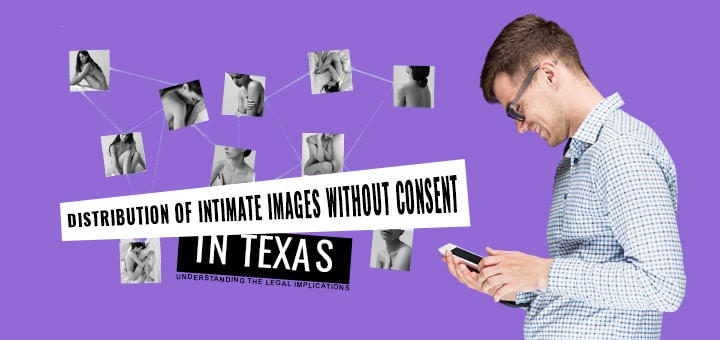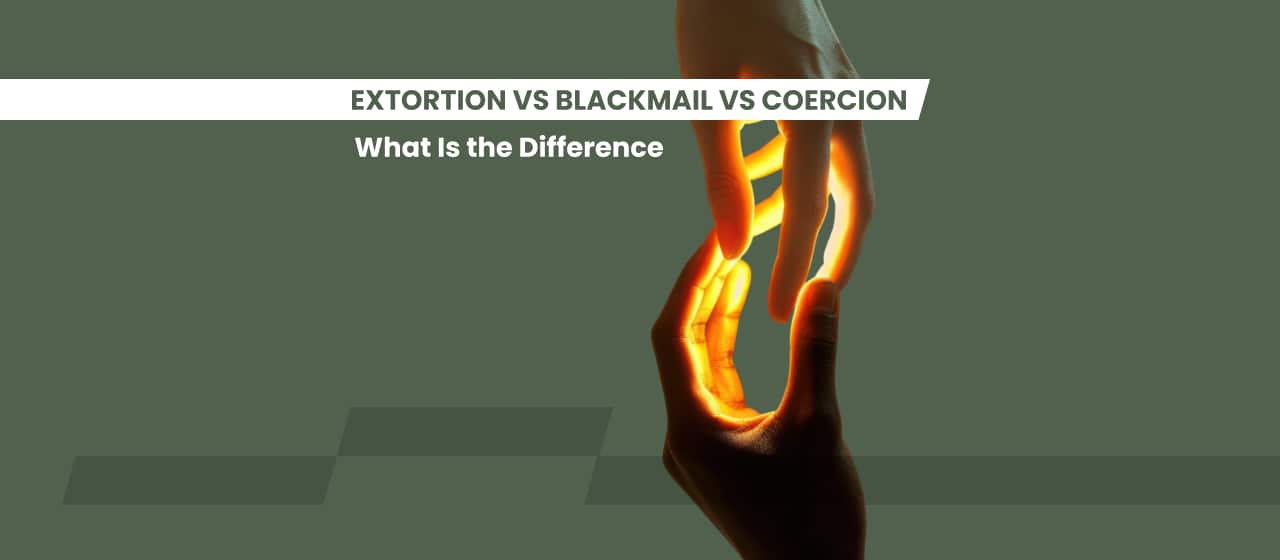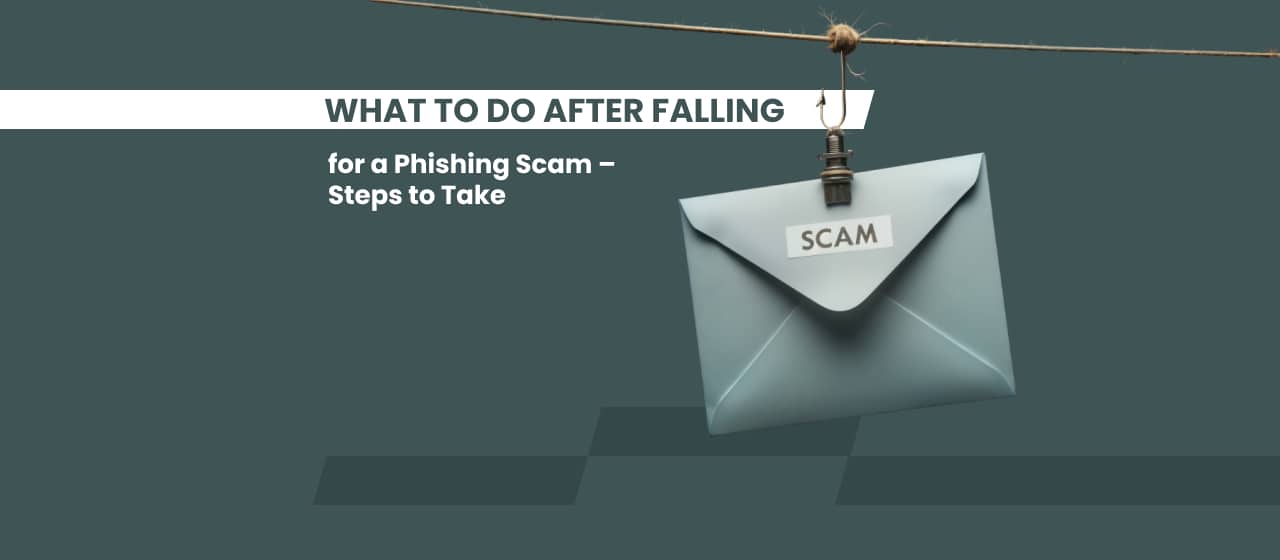Sharing information and connecting with others has never been easier, thanks to technology. But with the good comes the bad. Unfortunately, the rise of illicit image sharing has become all too common. In Texas, distributing intimate images without consent is a punishable crime with severe legal implications. This blog will discuss the legal implications of distributing intimate images without consent in Texas and the rights and protections of victims.
Rights and Protections for Victims in Texas
In Texas, specific legal rights and protections exist for the victims of the distribution of intimate images without consent. These protections are enforced through the state’s civil and criminal laws, allowing victims to seek justice and legal recourse.
If a victim faces the non-consensual distribution of their intimate images, they can file a lawsuit for civil damages under Texas law. This legal action can compel the offender to provide financial compensation for the harm caused. Additionally, punitive damages may be awarded, which serve as a punishment for the offender’s actions.
Furthermore, a victim may also obtain a restraining order against the person who distributed the images. This order is enforceable under the law and, if violated, can result in further legal action against the offender.
The criminal charges and potential penalties for distributing intimate images without consent in Texas: In Texas, distributing intimate images without consent is a crime, and it is punishable by law. A person who distributes intimate images without consent can be charged with a Class A misdemeanor, which carries a punishment of up to one year in jail and/or a fine of up to $4,000. If the victim involved is a minor, the person can be charged with a third-degree felony, which carries a punishment of two to ten years in prison and/or a fine of up to $10,000.
Reporting and Seeking Help in Texas
If someone has shared your intimate images without your consent in Texas, it is crucial to contact your local law enforcement or the FBI’s Internet Crime Complaint Center immediately. Hold onto all evidence of the crime, and do not give in to the criminal’s demands. Remember, giving in could cause the cycle to continue and prolong the crime against you.
Additionally, we recommend seeking out support. Reach out to friends and family members and let them know what is happening. You can contact resources like the Cyber Civil Rights Initiative and the National Center for Missing and Exploited Children. Always remember that you are not alone and that there is help there that is available.
Summary:
Distributing intimate images without consent in Texas is a serious crime and can have significant legal implications. If you have been a victim of this crime, legal remedies are available, including civil and criminal lawsuits. You can also seek help from law enforcement agencies and support organizations. Remember, you have victims’ rights, and the law is on your side.
If you or someone you know has been a victim of Instagram blackmail or any other form of online blackmail, speak up and report Cyber Investigation. Let us join hands to fight cybercrime and make the internet a safer place for all.







